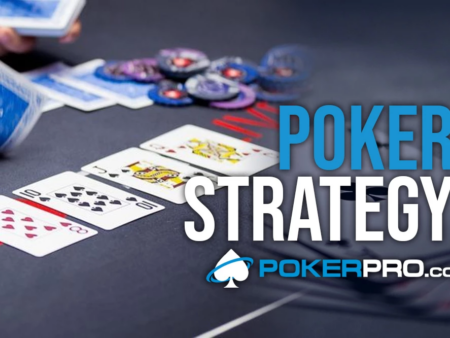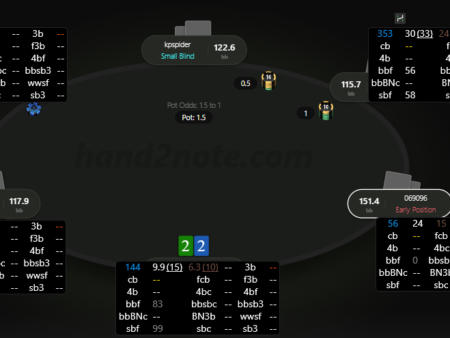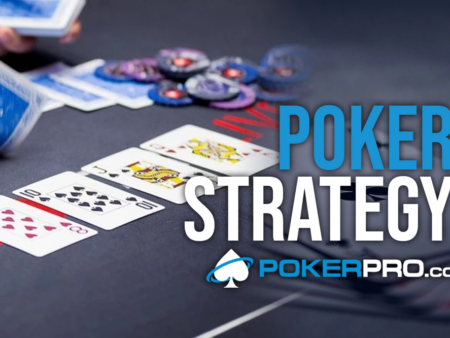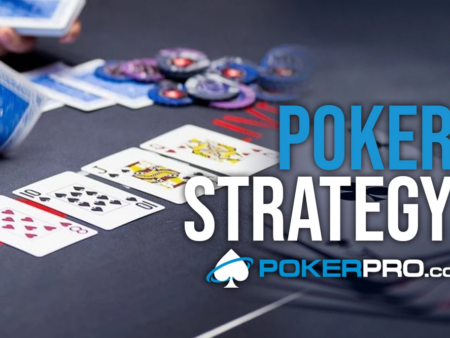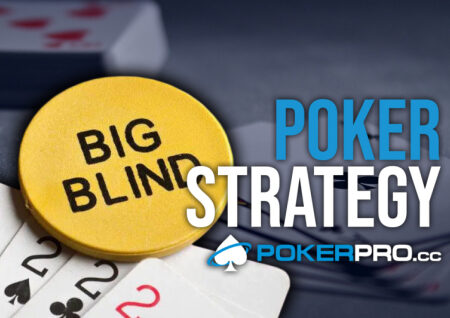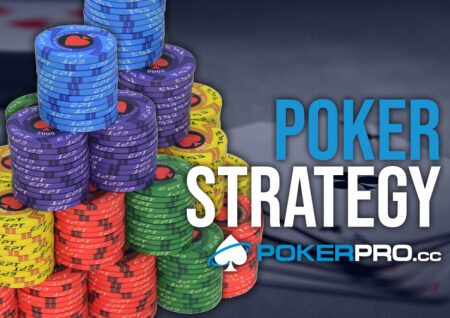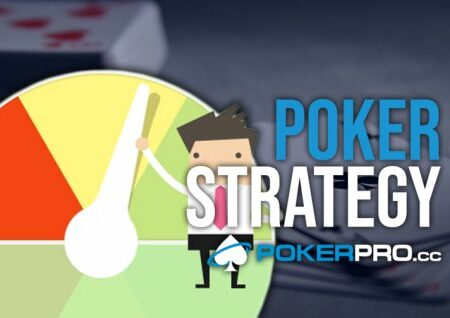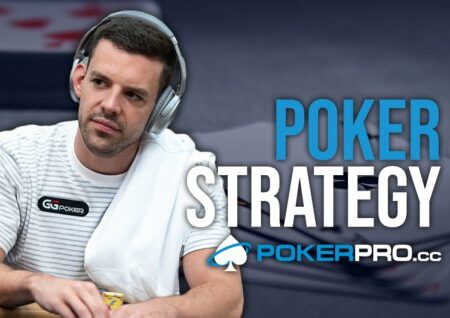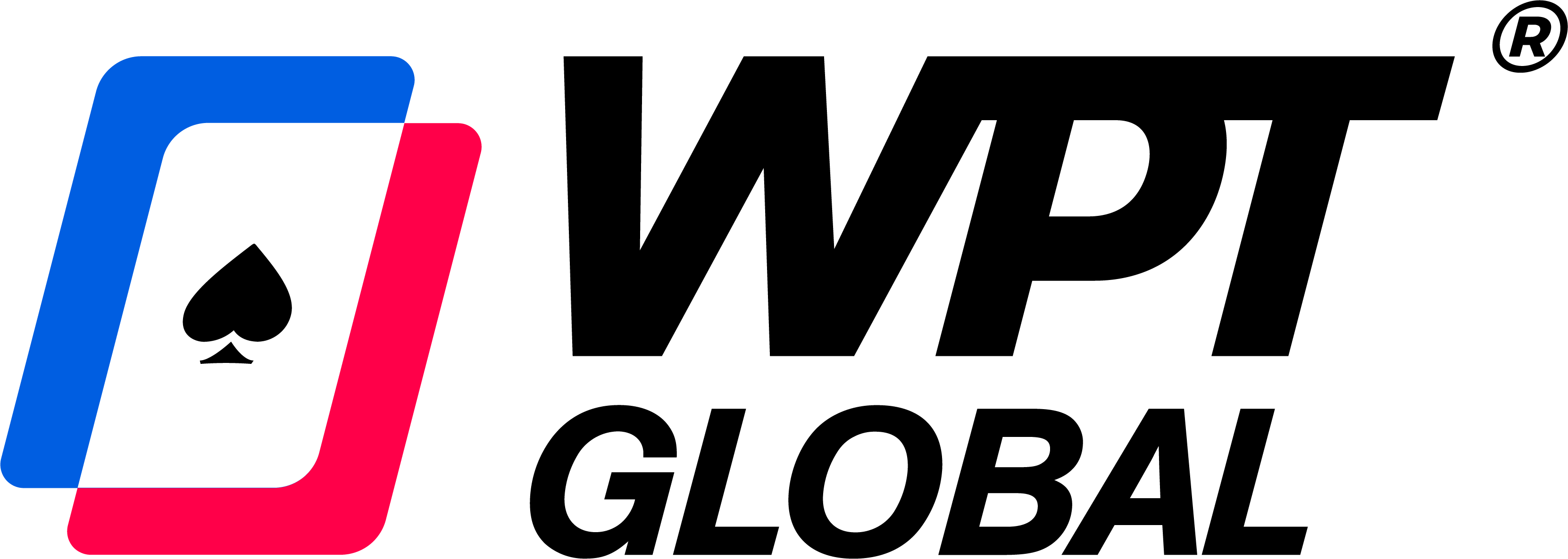At the beginning of our poker careers, we all sometimes felt insecure and confused at the poker tables. The worst thing that can happen to us in the…
7 Most Common Mistakes Poker Beginners Make
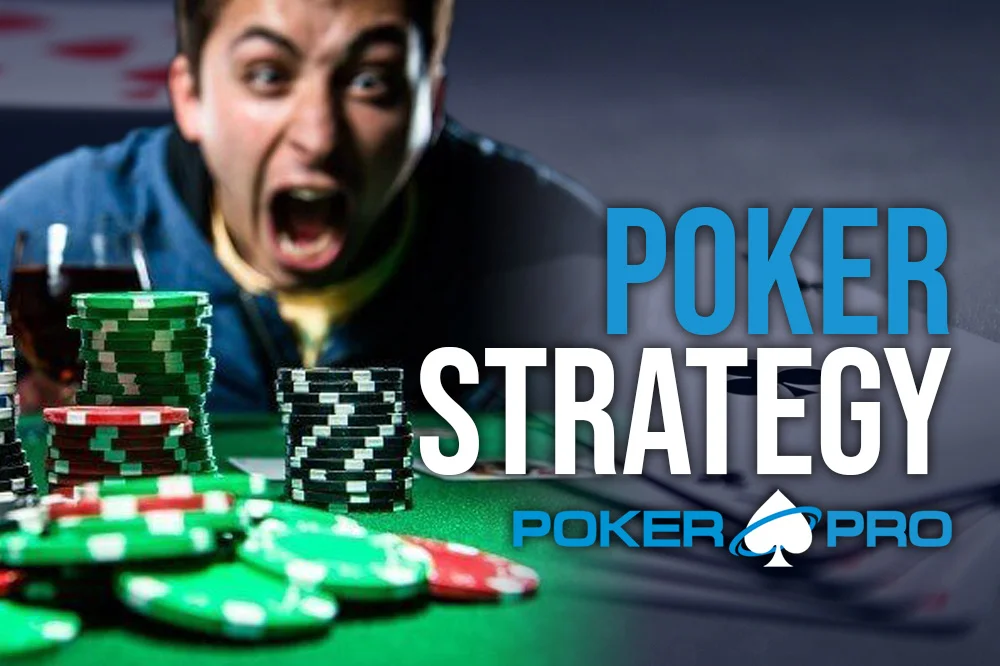
At the beginning of our poker careers, we all sometimes felt insecure and confused at the poker tables. The worst thing that can happen to us in the beginning is to enter a closed poker community where all players have the same way of thinking and any way out of this circle is criticized. Often in poker, people use a person’s greater success as a reference to a player’s knowledge or sometimes even how long that person has been playing poker, so you can often hear something like, ‘I play poker for 15-20-30’ (choose your number) ‘years , but this is of course not a reference to the player’s knowledge, so we want to point out some of the biggest mistakes, not only in poker, but also in general thinking.
1. Result-oriented thinking
Consistency is a much greater sign of human success and skill than individual anomalies. We can often see a player winning a major tournament and then fall heavily and end up in the red numbers. So don’t think you’re a good or bad player based on small patterns, but look at the bigger picture. Even if you won a hand, it does not mean that you played it well or consequently, if you lost a hand that you made a mistake.
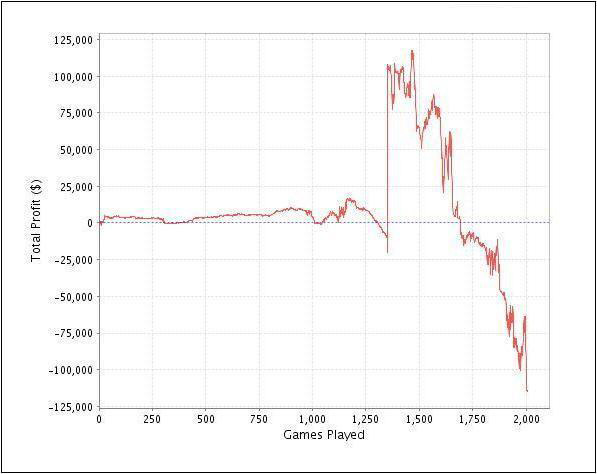
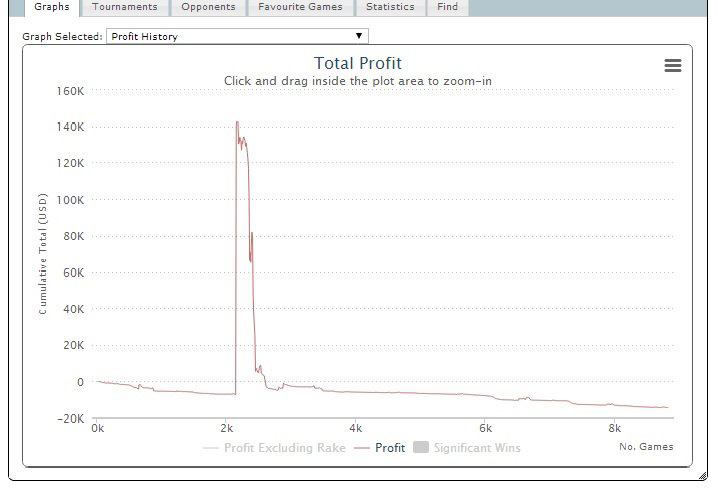
2. Bankroll Management
Constantly one of the most neglected basic principles of poker. The vast majority of players want to reach higher limits as soon as possible, so this often leads to losing your bankroll. We will give you an example; We recently heard from a player that he is doing great and that he feels very confident at certain cash game limits. After that, the next thing we heard was he went one level higher with the limits and criticized the skill level of the players at that limit and talked about how he uses a very aggressive approach to bankroll manadgement (100 buyins are recommended for cash game, while for MTT the number rises to as many as 200 buyins). After that, we didn’t hear about this player for a while and later found out he had lost his entire bankroll. The lesson of the story is that the ego should not force you to ignore one of the basic and most important poker principles, as it exists for a reason.

3. Ignorance of the preflop range
This seems very obvious and simple, so we feel that players neglect how important it is to be surgically accurate in their range of initial pre-flop combinations. It is very important that you have a well-defined range before the flop, because every player’s adjustment must have a starting point, and if it is too far left or right (loose or tight), your adjustments will be wrong. It will also change your 3bet and 4bet range and decision making on every street. Every inaccuracy/mistake accumulates in poker and you lose money there.
4. Playing out of position
Position is one of the biggest advantages in poker, which we often overlook. If you have a good insight into your and your opponent’s range, position can give you complete control over the size of the pot and your entire hand. Most of your good bluffs will come from a position above your opponent, as it is much easier to bluff by knowing your opponent’s range with the additional information the position offers you. So if you play too many hands out of position, you will find it much harder to realize your equity and control the size of the pot, and you will often also have to fold a better hand and lose money as a result.

5. Not adapting to the environment
If you have a basic strategy and try to keep it balanced (you are neither too aggressive nor too tight), then you have a good foundation to adapt to your opponents. For example, if we see a player calling too much and not folding enough, we need to label him as a “calling station” and adjust our game by minimizing our bluffs and betting only when looking for value. Even when playing against an unknown player, we stick to our basic strategy until we figure out what best suits that player. If the player is balanced, then we should not adapt, but stick to our basic strategy (although this is not a realistic example, an important way of thinking is important).
6. Tilt
Tilt is a very common occurrence in poker. While most players feel that tilt is defined as a player’s irritability or anger after losing a pot, tilt is actually considered that the player is away from his best level of play. Exactly, any emotion that makes you deviate from your strategy or way of thinking is tilt!

7. Premature investment in software
Often beginners think that software will bring them some remarkable benefits or information that has been hidden so farNo! Software is great as a tool to supplement and shape your knowledge or help transfer theory into play, which is actually the hardest part. It is important to gather experience and theoretical knowledge and complement the general understanding of poker. Once you have gained enough experience and theoretical knowledge, it is time to connect it with the software into one whole and take a step forward. If you invest money in software too early, you will have unnecessary costs (you will spend time and money that you could invest in a good workout).
